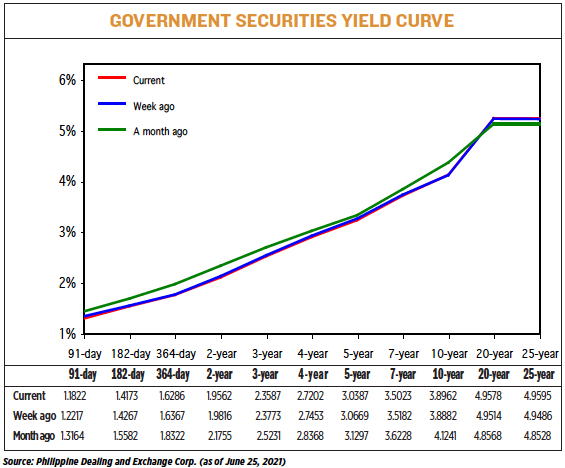Cacao farmers urged to intercrop to access coco trust fund aid
THE cacao industry has the potential to improve if farmers intercrop with coconut, a crop due to receive substantial support from a newly-signed law, according to the Department of Agriculture (DA).
Agriculture Undersecretary Evelyn G. Laviña said by e-mail that a nixed crop of cacao and coconut can help increase incomes and productivity in both industries.
Ms. Laviña said the cacao and coconut industries are set to benefit from Republic Act No. 11524, or the Coconut Farmers and Industry Fund Act.
“Under Section 4 of the law, 10% of the trust fund shall be allocated for farm improvements through diversification and/or intercropping with livestock, dairy, poultry, coffee, and cacao production,” Ms. Laviña said.
Signed by President Rodrigo R. Duterte on Feb. 26, the law places coconut levy assets in a trust fund that seeks to improve and modernize the local coconut industry under a development plan and improve the lives of coconut farmers.
Aside from intercropping, Ms. Laviña said cacao farmers need to adopt good agricultural practices with focus on soil amelioration and identification of good planting inputs in order to improve production.
Citing the Philippine Statistics Authority, Ms. Laviña noted that cacao production is steadily increasing, to 9,340 metric tons (MT) in 2020, from 8,489 MT in 2019 and 7,983 MT in 2018.
Ms. Laviña said the increase in production follows the expansion of planted area, which rose 3.4% to 31,285 hectares in 2020.
“It is expected that the (DA’s) distributed planting materials will produce 552 MT of cacao beans three years after planting. Afterwards, the yield is expected to have an incremental increase of 4-6% annually with proper care and maintenance of the crop,” Ms. Laviña said.
“Postharvest equipment distributed will lower the cost of processing and will increase profit due to value adding since cacao beans can be sold at P116 per kilogram, but fine chocolates can be sold at a higher price of P150-180 per bar,” she added.
Non-profit organization Cocoa Foundation of the Philippines, Inc. has said the cacao industry is benefiting from growing demand.
The group also said the cacao industry is ideal for “absentee” farmers with idle farmland since the crop can grow anywhere with minimal maintenance. It can only be grown around the equator in conditions of high humidity, rain, and sunlight.
On May 27, Mr. Duterte declared Davao Region the cacao capital of the Philippines and Davao City the chocolate capital of the Philippines. — Revin Mikhael D. Ochave












